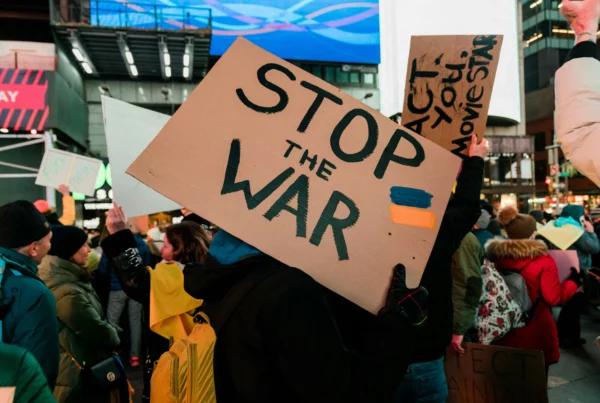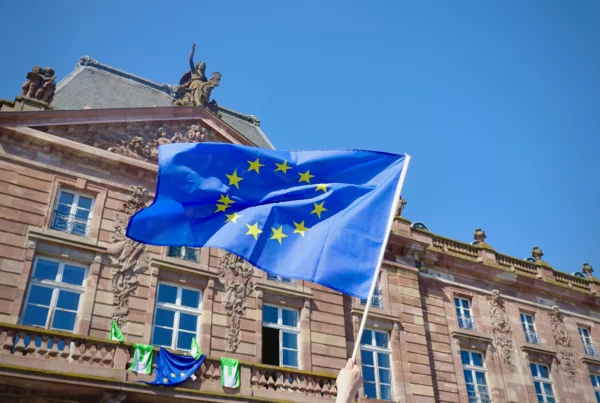How local and regional governments raise awareness for sustainable development through Development Education
In the face of global challenges like climate change, migration, and rising inequalities, citizen engagement is no longer a luxury, it’s a necessity. Local and regional governments (LRGs), being the level of governance closest to the people, are uniquely positioned to connect global issues with daily realities. Through Development Education and Awareness Raising (DEAR), LRGs play a transformative role in fostering active, informed and responsible citizenship.
DEAR is not just about delivering information, it’s about sparking engagement, critical thinking, and collective action. This article presents the key findings and recommendations from PLATFORMA’s Success Stories Collection, showcasing how LRGs and their associations help citizens understand global interdependencies and become agents of change.
PLATFORMA, a pan-European coalition of LRGs active in development cooperation, advocates for the strategic role of LRGs in informing, mobilising, and engaging communities for global sustainable development. The collection highlights real-life examples of how LRGs across Europe use DEAR to bring the 2030 Agenda closer to citizens.
Why LRGs Matter for DEAR
LRGs are trusted institutions with a public mandate. By collaborating with schools, civil society organisations (CSOs), and cultural actors, they can:
- Simplify complex global agendas like the Sustainable Development Goals (SDGs) without diluting their message,
- Restore trust in public institutions,
- Build social cohesion,
- Reach under-resourced municipalities through national associations of LRGs (LRGAs).
What is DEAR?
Development Education and Awareness Raising (DEAR) strategies seek to transform community behaviour and attitudes toward global challenges. Rooted in concepts like Global Citizenship Education (GCE), DEAR blends learning with action. Its two main approaches are:
- Global-Learning: Focused on knowledge-building and participatory education.
- Campaigning-Advocacy: Aimed at policy and behaviour change through public mobilisation.
Showcasing DEAR in Action
The publication features 19 case studies, divided into two parts:
- Part 1: Ten Campaigning-Advocacy projects targeting policy or institutional changes.
- Part 2: Nine Global-Learning projects focused on pedagogical empowerment and community knowledge-building.
A third section delves into the financial tools and methodologies that support DEAR implementation.
The DEAR experience proves that raising citizens’ awareness is not a one-off campaign, it’s a continuous process of reflection, transformation, and action. PLATFORMA outlines seven clear recommendations for local and regional governments to enhance their DEAR impact:
- Promote whole-of-society partnerships: Create inclusive spaces and initiatives like the European Days of Local Solidarity to unite communities around shared challenges.
- Commit to long-term planning: Change takes time; DEAR strategies must evolve and stay relevant.
- Foster mutual learning and participation: Engage citizens in workshops, forums, and school programmes, learning is most effective when it is shared.
- Defend the unique role of LRGs: Encourage inclusion of LRGs in EU DEAR calls and empower their associations to support smaller municipalities.
- Prioritise youth engagement: Let young people lead and amplify messages through social media and peer-to-peer initiatives.
- Use public and digital spaces creatively: Awareness campaigns in urban areas and online tools ensure a wide reach and participation.
- Evaluate meaningfully: Include both qualitative and quantitative indicators, participatory feedback, and mid-term evaluations to track behaviour change.
As we face increasingly complex global challenges, LRGs and their associations are vital in shaping how communities think, act, and respond. By embedding DEAR into their governance and outreach strategies, local institutions become not only service providers but educators and catalysts of global change.
For more information, contact:

Officer – Education & Development






